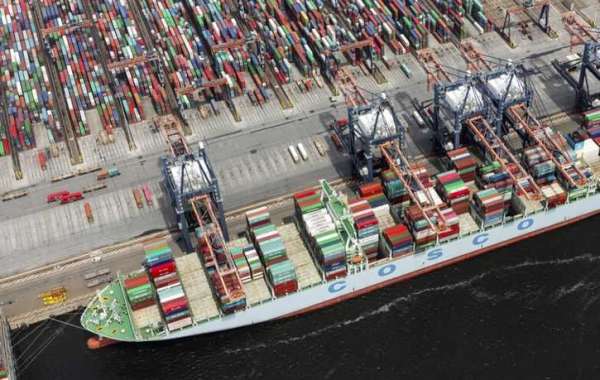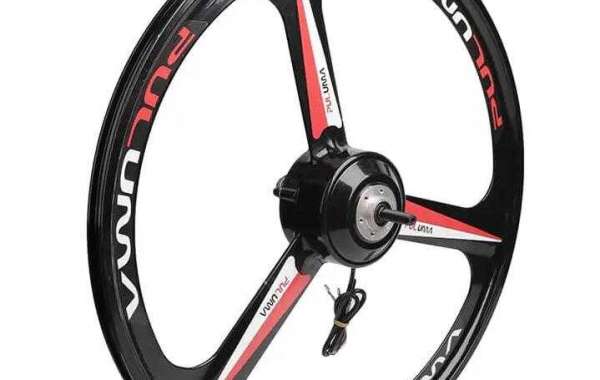Cosco has decided to demo a blockchain platform developed by Alibaba subsidiary, Ant Financial
Cosco Shipping is working to add blockchain technology into its system for efficient record-keeping and cargo tracking. The technology Cosco is demoing was developed by Ant Financial, a subsidiary of Alibaba.
Ant Blockchain is currently the largest business-oriented blockchain platform in China.
Blockchain has found a home in the global shipping sector. Not only is it used to keep track of cargo, it has also been used in trade finance systems. For the moment, Cosco is only using blockchain on a trial basis, and only in a limited sense.
How will Cosco use blockchain?
Cosco Shipping has as many as 1,330 ships in operation, carrying a potential total of 106 million tons of cargo at any given time. Any record-keeping system of this size is prone to human error, resulting in inefficient communication.
Add to that the archaic nature of the global logistics industry’s back-end, and it is easy to see why blockchain is becoming popular in the space
The logistics industry uses blockchain to store cargo information and import licenses that can be easily and quickly accessed by authorised parties to verify authenticity.
By putting this information on a blockchain, it will cut down on paperwork, allowing goods to move quickly through port facilities. The Ant Blockchain may be able to process up to a billion transactions a day, making it a good candidate for Cosco’s business model.
Blockchain to revolutionise the logistics industry
A similar blockchain is operating in the US called the Food Trust Blockchain (FTB) — and is already used by Walmart to trace the origin of perishable products domestically and internationally. The FTB has the capability of shortening the time to trace product origin from seven days to 2.2 seconds.
When first introduced as a proof of concept, its purpose was to trace the origin of mangos and pork in China. Once it was shown to be viable, Walmart adopted and expanded it, giving the company the capability to track the origin of produce, meat and poultry, dairy and multi-ingredient products.
With companies such as Walmart sharing this technology with prominent firms in the food industry, such as Nestle and Unilever, and large couriers such as Cosco participating — we can expect blockchain to be one of the leading technologies in the logistics industry over the next decade.








